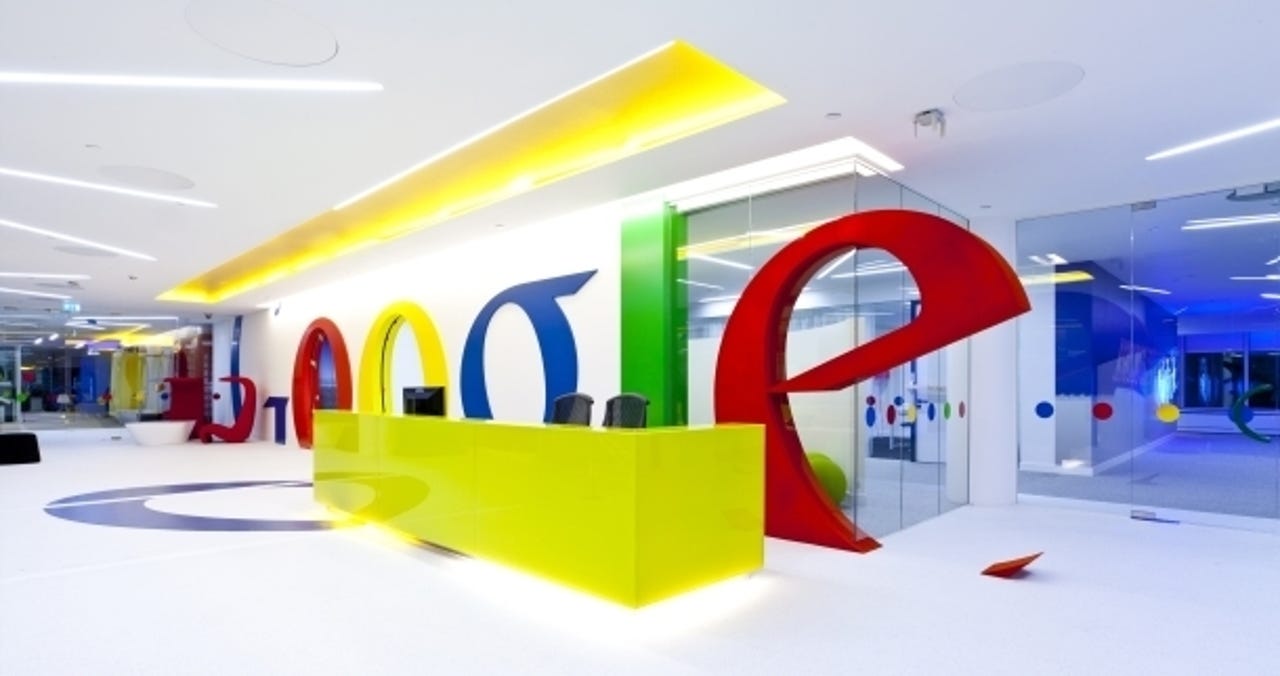EU antitrust chief hints at forced changes for Google


Google is abusing its dominant place in the search market, according to Europe's antitrust chief Joaquin Almunia.
In an interview with the Financial Times of London, Google could be forced to change the way that it provides and displays search results or face antitrust charges for "diverting traffic," in the words of Almunia, referring to Google's self-serving treatment to its own search services.
Despite the U.S. Federal Trade Commission's move earlier this month to let off Google with a slap on the wrist -- albiet, a change to its business practices, a move that financially wouldn't dent Google in the short term but something any company would seek to avoid -- the European Commission is looking to take a somewhat different approach: take its time, and then hit the company hard.
Almunia said in the interview: "We are still investigating, but my conviction is [Google] are diverting traffic," adding: "They are monetising this kind of business, the strong position they have in the general search market and this is not only a dominant position, I think -- I fear -- there is an abuse of this dominant position."
That's pretty much as black and white as one can get, short of actually saying: "Google, bad! Here's a whopping great big fine."
Almunia's comments haven't changed much since he gave a previous statement on the state of affairs between the EU and Google in December. Last month he said that the EU has "substantially reduced our differences" regarding the search giant's ongoing antitrust probe, adding that should Google continue down the road of committing to changes, it could lead "to a possible decision with binding commitments."
One of the resolutions that Almunia hinted at could be that Google makes it far clearer that the search company is using its own services -- such as Maps, Shopping, Travel, and others -- just how it labels its own branded advertisements. However, Google could be restricted from giving preferential treatment to its own services over other rival services.
That said, Almunia said that he agreed with the U.S. FTC's findings but noted that the conditions he will set on the search giant will "not be weaker."
Google said that it continues to work "co-operatively" with the European authorities.
Google could face a fine of up to 10 percent of its global annual turnover if found to have breached European antitrust laws, a figure as high as $3.79 billion (€2.86bn).